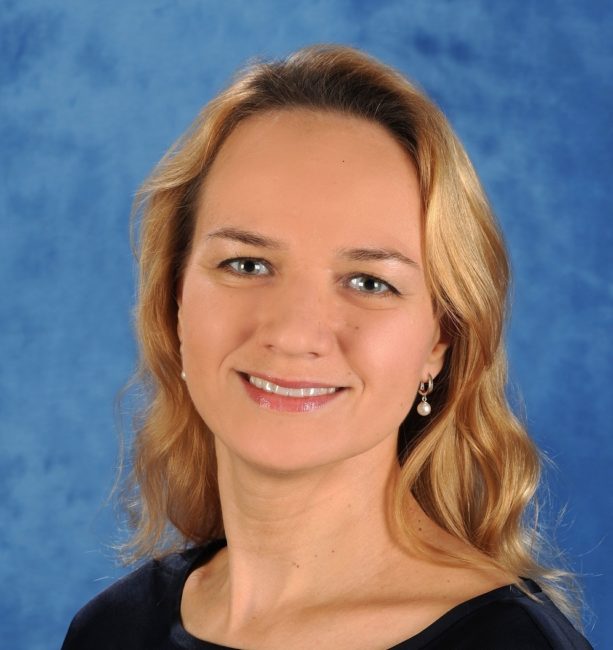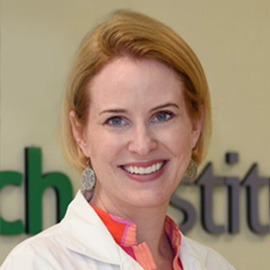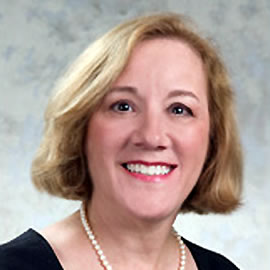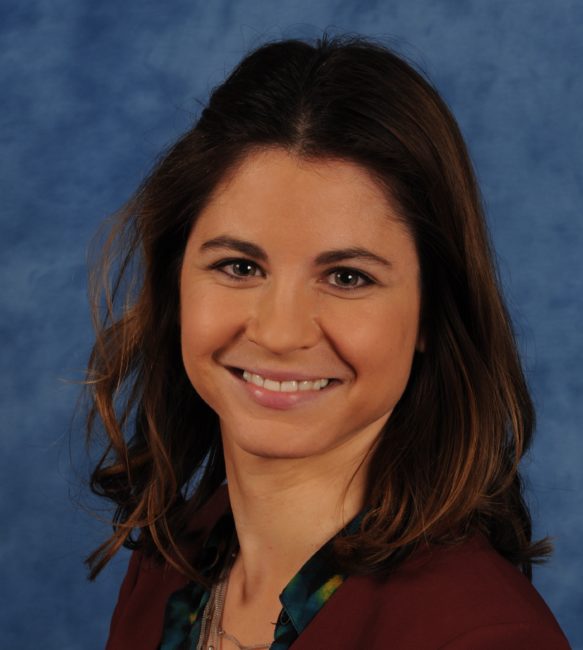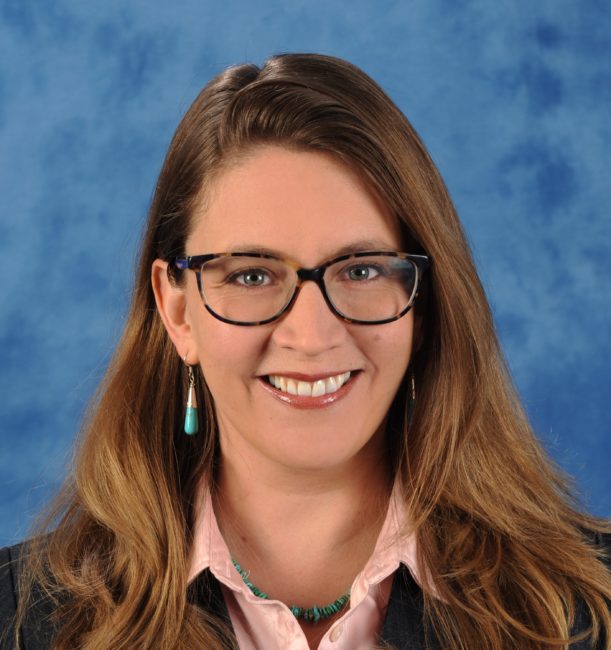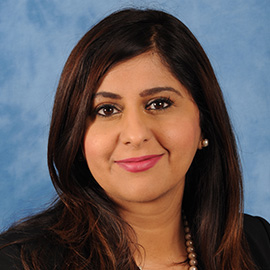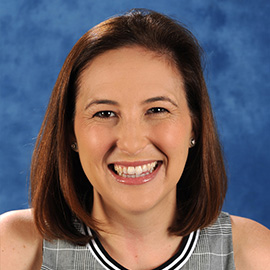Get Educated
1 in 4 Ashkenazi Jews is a carrier for at least one “Jewish” genetic condition, and Sephardic Jews are also at increased risk for certain genetic disorders. More than half of participants in our screening program are carriers for one or more of the 225+ conditions on our expanded screening panel.
Why Us?
Where Did Jewish Genetic Diseases Come From?
The Founder Effect is a high frequency of a specific gene mutation in a population founded by a small ancestral group.
What’s In My Genes?
Genetics 101
Nobody’s Perfect…
- All of us, regardless of ethnic or religious background, carry 5-50 genetic mutations with the potential to cause diseases in our offspring.
- A carrier is healthy and not at risk of developing the diseases for which s/he is a carrier, but some carriers of recessive disorders may have mild symptoms.
- A genetic counselor can provide you with health risk assessment associated with being a carrier of certain Jewish Genetic Diseases.
- It is possible that carrier screening may show that you have a disorder either less severe, late onset or asymptomatic.
Screening Technology…
Different laboratories use different methods of sample collection and provide testing using different technologies. The most advanced form of testing available today is Next Generation Sequencing (NGS), which provides the highest detection rates. Most NGS panels include most, or all, of the Jewish genetic disorders, as well as a number of other pan-ethnic conditions. It is important to note that not all doctors order all types of genetic testing or all the conditions on a large carrier screening panel.
Complete the contact form and submit to the Victor Center if you:
- Have questions or would like to learn more about Jewish genetic diseases, screening or counseling
- Are interested in sharing YOUR story with the Victor Center
- Would like to offer educational programs or materials to your organization
- Want to join or establish a Victor Center partnership in your community
- Raise awareness or create a fundraising initiative in your community to screen more young adults.
- Give the “Gift of Screening” to a friend or family member
Knowing about Jewish Genetic Diseases is the first step in taking control of your future. Even is having children is nowhere in your immediate future, it’s important to know that you should be screened for those diseases BEFORE you have a family.
I’m Jewish
Carrier screening for genetic diseases within the Jewish community has been studied more than most communities around the world. Since we have extensive advances in the ability to screen pre-conception this allows us to help families plan for the healthy pregnancies and babies. If both parents are carriers for the SAME genetic disease, there is a 25% chance in each pregnancy to have an affected child. Our highly trained genetic counselors will be able to guide you if the screening test comes back as a carrier-couple for the same disease.
I’m Jewish but my partner is not Jewish?
Even if your partner is not Jewish you still need to be screened. Many of these diseases occur in the non-Jewish population so if you are a carrier for a Jewish genetic disease your partner will need to be screened. We recommend partners being screening at the same time.
Jewish Genetic Diseases occur with increased frequency in the Ashkenazi Jewish population as compared to other populations. For example, Tay Sachs disease has a carrier frequency of 1 in 27 Ashkenazi Jews and 1 in 300 in the general population, but there is an increased frequency in Cajun, Irish and French Canadian populations.
I’m a Sephardic or Mizrachi Descent
Sephardic and Mizrachi Jews are at risk for a different set of diseases. The new panels that are available today are designed to test anyone who wishes to be screened. The panel is called a pan ethnic panel. It uses advanced science and technology to detect mutations associated with more than 200 serious conditions.
- Ashkenazi – Eastern European or German Decent (90% of American Jews)
- Sephardic – Mediterranean
- Mizrahi – Middle East
- Identification and religious practice may not be the same as geographic origin: Persian (Iranian) Jews often refer to themselves as Sephardic.
I’m Not Jewish
We are all at risk for being a carrier of a genetic disease. With advances in genetic technology and genetic screening methods the Victor Center panel is able to screen on a pan-ethnic level. Which means our panel can help identify carrier status even if you are not sure of your ethnicity.
All of us, regardless of ethnic or religious background, carry 5-50 genetic mutations with the potential to cause diseases in our offspring.
I’m not Jewish but my partner is Jewish?
Many of these diseases occur in the non-Jewish population so if your partner is are a carrier for a Jewish genetic disease then you will need to be screened. We recommend partners being screening at the same time.
I’m Not Sure?
We are all at risk for being a carrier of a genetic disease. With advances in genetic technology and genetic screening methods the Victor Center panel is able to screen on a pan-ethnic level. Which means our panel can help identify carrier status even if you are not sure of your ethnicity.
All of us, regardless of ethnic or religious background, carry 5-50 genetic mutations with the potential to cause diseases in our offspring.
Educational Resources
Clergy
As a Jewish clergy person you are uniquely prepared to make a difference in the lives of couples preparing for marriage and anyone making decisions about family planning. All it takes is a simple question, followed by a saliva test.
Begin the conversation in your synagogue and community about the impact that a saliva test can have. Educate around the importance of genetic counseling and screening prior to pregnancy. Your intervention can lead to educated decisions and help build generations of healthy Jewish families.
What can you do?
- Counsel your congregants who are preparing for marriage and/or considering becoming pregnant and refer them to the Victor Center for information about the full panel of Jewish genetic diseases and how to get screened. Even interfaith couples need to be screened
- Organize a community screening with the Victor Center at your synagogue or community center.
Maximize social media (Facebook, Twitter, blogs) to alert your community to one of our most critical health issues. - Use the Jewish holidays and synagogue social groups and meetings as entry points to educate your congregation about the importance of screening. The Victor
- Center will work with you to provide materials and programming ideas.
Identify physicians and lay leaders in your congregations who can participate in an outreach effort. - Create training opportunities with the Victor Center for other clergies in your community.
- Spread the word about screening and updating screening for the full panel of Ashkenazi Jewish genetic diseases at denominational conferences, regional chapter meetings and to fellow clergy across denominations.
Medical Providers
- What patients should I send to the Victor Center?
- Any patient with Ashkenazi Jewish ancestry (who came from Eastern or Central Europe, such as Russia, Poland, Germany, Ukraine, Lithuania…), Sephardic (Northern Africa or Spain) or Mizrachi (Mid-East).
- Any patient whose partner has Ashkenazi, Sephardic or Mizrachi Jewish ancestry.
- Any partner of a patient found to be a carrier for a Jewish genetic disease.
- Any patient interested in pre-conception population carrier screening.
- Interfaith couples.
- Gay or Lesbian couples who will be using an egg or sperm donor.
- What happens in the course of a Victor Center appointment?
Your patient will meet with a genetic counselor to explain the current, most up-to-date, panel of diseases recommended for carrier screening (or for their particular ethnic group), the benefits and limitations of carrier screening, autosomal recessive and sex-linked inheritance, pregnancy options for carrier-carrier couples, costs and billing process for screening. Patients will have a saliva kit provided at the appointment and sent to the appropriate laboratory for screening.
- How does the patient learn about results?
Results are reported back to the patient by telephone from the genetic counselor. At that time,
recommendations are made for screening the patient’s partner (if applicable and not already performed) as well as other family members at risk of being carriers. Patients have the opportunity to ask the genetic counselor questions regarding the result. Once reported verbally, a hard copy is mailed to the patient for his/her records. - Will the Victor Center contact the referring physician with the results? When?
Yes, if you want to be contacted verbally with results, the genetic counselor can contact you. Results take approximately 2-3 weeks. If you prefer to disclose the results to your patients, we can make those arrangements with you. Otherwise, the patient will be called, as stated above, and is encouraged to make a copy of the report to give to his/her physician for the medical record.
- What kind of follow-up counseling do you provide patients and their families?
All patients have an opportunity to speak with a genetic counselor when they are called with their results. Most find this sufficient to answer their questions. Those with additional questions, or carrier-carrier couples may choose to come back for follow up genetic counseling to further discuss any concerns. If the patient is found to be affected with one of the diseases tested, genetic counseling is highly recommended.
- Do you handle patient questions about insurance coverage for screening?
Yes, we can provide patients with the billing codes for carrier screening so they can verify insurance coverage themselves. We can also direct patients to the appropriate laboratory billing departments for assistance in determining coverage for genetic screening.
Individuals
Advances in genetic technology have led to significant changes in genetic screening and screening panels. Ethnic background and insurance coverage may have a bearing on your screening options. An informed provider or genetics professional can provide you with the information you need to make health decisions for you and your family’s future. The Victor Center can provide assistance in finding a provider or genetic counselor in your area. Additionally, our clinical partners periodically sponsor local community screenings.
Many insurance providers cover preconception screening although coverage and costs to you can vary depending on your plan and the screening panel you select (e.g., your lab, deductible and co-insurance requirements). Check with your insurance provider for more information.





